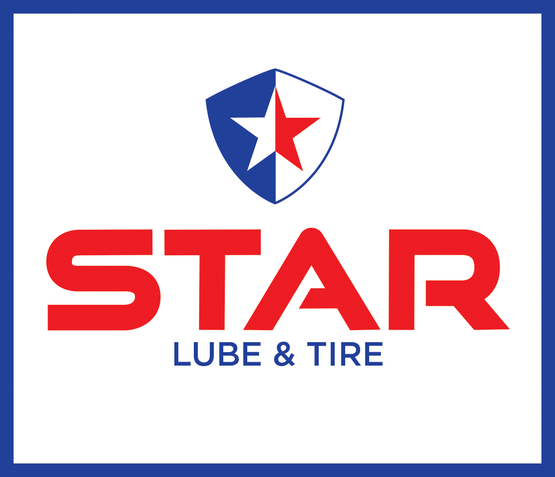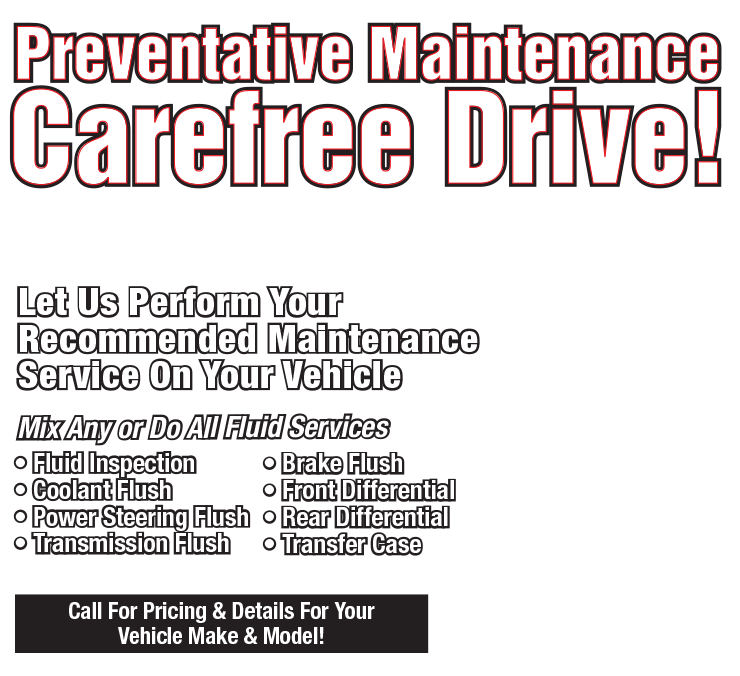When Metal Meets Metal (Wheel Bearings)
October 8, 2023
What part of your vehicle has little metal balls inside that are lubricated and allow you to cruise on down the road? They are wheel bearings, and automotive designers might argue they are human beings' second greatest invention of all time (the first is, of course, the wheel!).
You have a wheel bearing at each wheel. They allow your wheels to turn freely, minimizing friction that would ordinarily slow you down when metal meets metal. When one of your wheel bearings starts to go bad, it lets you know. A wheel bearing does its work quietly when it's in good health but starts getting noisy when it isn't. People describe the noise differently. Sometimes it sounds like road noise, a pulsating, rhythmic, sound. That pulse speeds up when your vehicle speeds up.
Here's what's happening when you hear that sound. As mentioned, the bearing has these little metal balls inside a ring. They have a lubricant inside to reduce friction between the balls; modern wheel bearings are sealed and they're intended to do their job without any maintenance.
Wheel bearings take a beating; you hit some rough potholes or go over some uneven railroad tracks. Sometimes water can get into a bearing and reduce the ability of the lubricant to do its job. Time starts to take its toll, too. When the lubricant isn't reducing friction like it should, the bearing can heat up. One of those little balls can start shedding pieces of metal and soon those shards start grinding up the other balls. Friction takes over and soon your wheel isn't turning smoothly. That's what's causing the sound. If a wheel bearing is not fixed, it could eventually seize up completely, and you can be stranded.
It's a lot easier if you heed the early warning signals, that pulsating noise. Now, sometimes a similar noise can be caused by a bad tire, but in either case, it's important to have it checked out. Our Star Lube Branson technicians will be able to tell you fairly quickly what the problem is and offer a solution.
Wheel bearings generally don't fail often and usually last from 85,000-100,000 miles/140,000km to 160,000km. But consider them a long-term maintenance item that, once fixed, will keep you heading smoothly to the next destination.
Star Lube Branson
598 State Hwy 165
Branson, MO 65616
417-239-2886
https://www.starlubebranson.com
Need Service?
More articles from Star Lube & Tire of Branson

A Clean Start (Battery Cleaning)
February 1, 2026
Your vehicle is loaded with electrical devices. Computerized components are everywhere, so good electrical connections are important. Those begin with your vehicle's battery, so it's important that its connections are in top shape. Ever had a flashlight that didn't work, took out the old batteri... More

Thoughtful Gifts for the Winter Driver
January 25, 2026
You may be one of those romantics who don't like giving (or getting) practical gifts for special occasions. Just wait until one of those gifts helps you out of a big predicament in cold weather, and you realize that practical gifts can be life savers. Here are a few things you may give the cold-... More

I Can See Clearly (Wiper Blade Replacement)
January 18, 2026
Warm weather can bring severe storms, and when the rain is coming down hard, that's one time you really need to be able to see as clearly as possible out your windshield. Having wiper blades that are fit for the job are important to maintain that safe view. Maybe you live in a climate where you ... More








